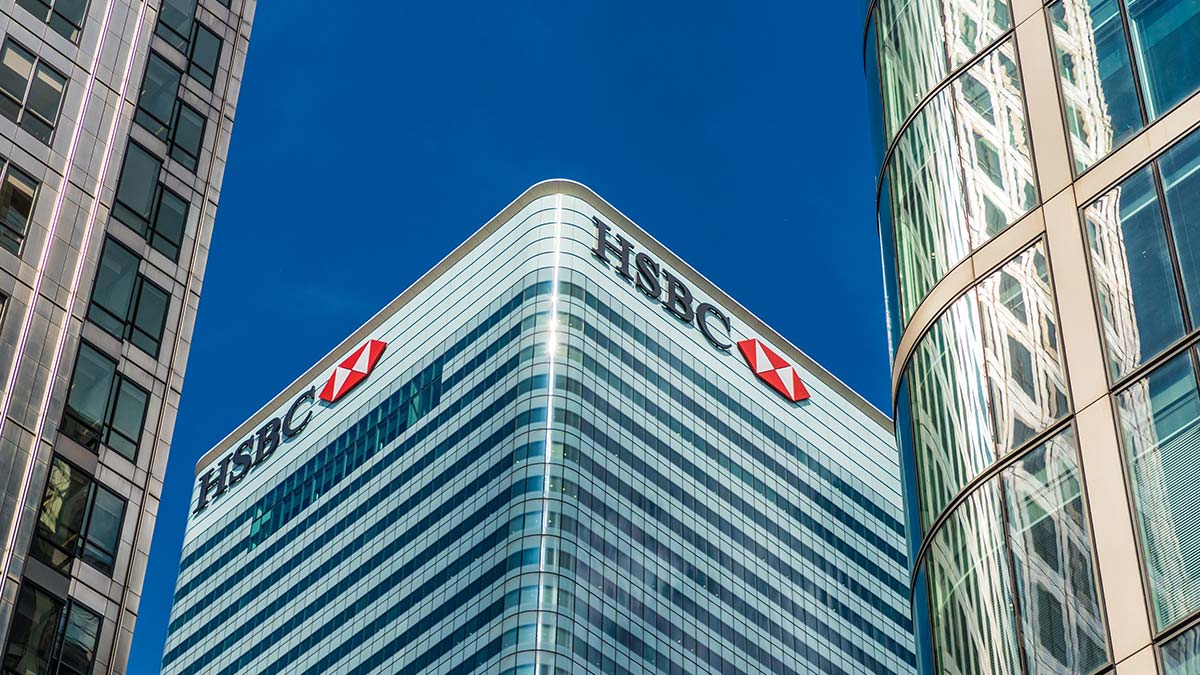HSBC and Deloitte have reportedly withdrawn job offers to foreign graduates of UK universities after the salary threshold for a skilled worker visa was increased.
According to reports, the organisations have been put off hiring non-UK national graduates after the minimum salary required to obtain a skilled worker visa increased from £26,000 to £38,700, and to £30,960 for people under the age of 26.
KPMG has also pulled job offers to graduates for the same reason.
According to the Financial Times, HSBC and Deloitte have told dozens of people that their job offers have been revoked.
HSBC’s decision affects “digital innovation” graduates who were due to work in its Sheffield office. They had reportedly attended several welcome events, had “work buddies” assigned to them, and were set to join in July.
One person said: “I had three other offers that I rejected… Having spent £50,000 on attending university in the UK, I now have to go back to my home country.”
An HSBC spokesperson said: “Due to changes in the rules covering those seeking sponsored visas to work in the UK we are unable to take forward a small number of offers to candidates as part of our graduate scheme this year. Whilst this is disappointing for both the candidates involved and for HSBC we are required to follow the regulations of every market we operate in. We are currently in discussions with those impacted.”
Deloitte is said to have withdrawn offers to around 3% of its autumn graduate intake, around 35 people.
“The new eligibility criteria mean that some of our roles no longer meet the requirements for sponsorship of skilled worker visas,” a source told the newspaper.
Deloitte has been contacted for comment.
Earlier this week the Migration Advisory Committee recommended that the government kept the graduate visa route open as it gives graduates an opportunity to build work experience and progress into higher-paying jobs.
Natasha Catterson, a partner at immigration law firm Fragomen, said the increase to the skilled worker salary threshold “raises concerns that the government’s attempts to lower net migration figures are taking precedence over economic need”.
“In many instances and particularly outside of London the £38,700 threshold exceeds the average annual wage and is simply unaffordable for many businesses. The UK immigration system is already one of the most expensive in the world, and this increase effectively closes overseas recruitment to UK industry for some businesses,” she said.
“The UK’s financial services sector looks to recruit the best talent from around the world, competing with other global financial centres. It is clear that this policy is making the UK a more expensive and less attractive place for global talent and that can only benefit other financial centres in Europe.”

